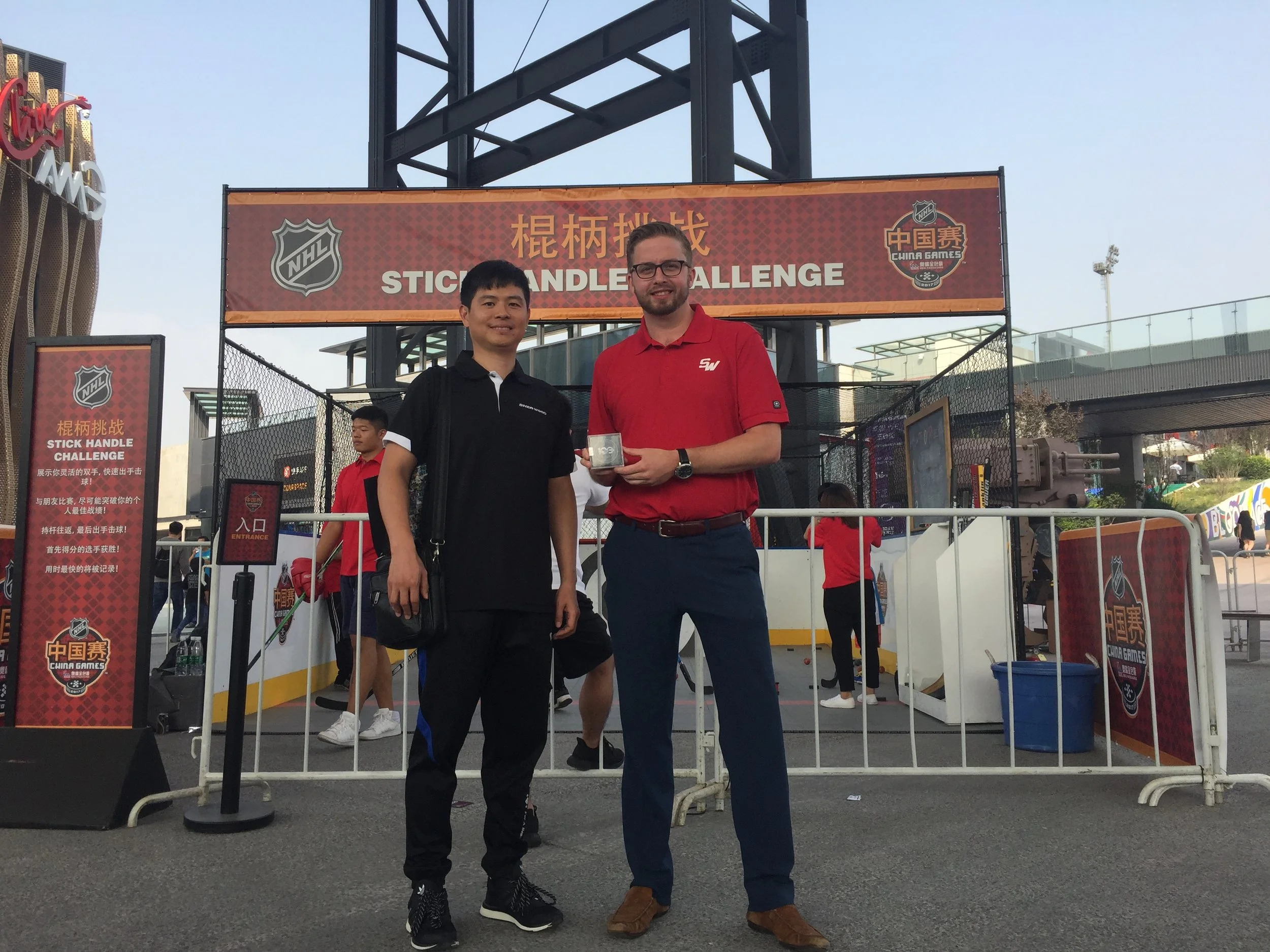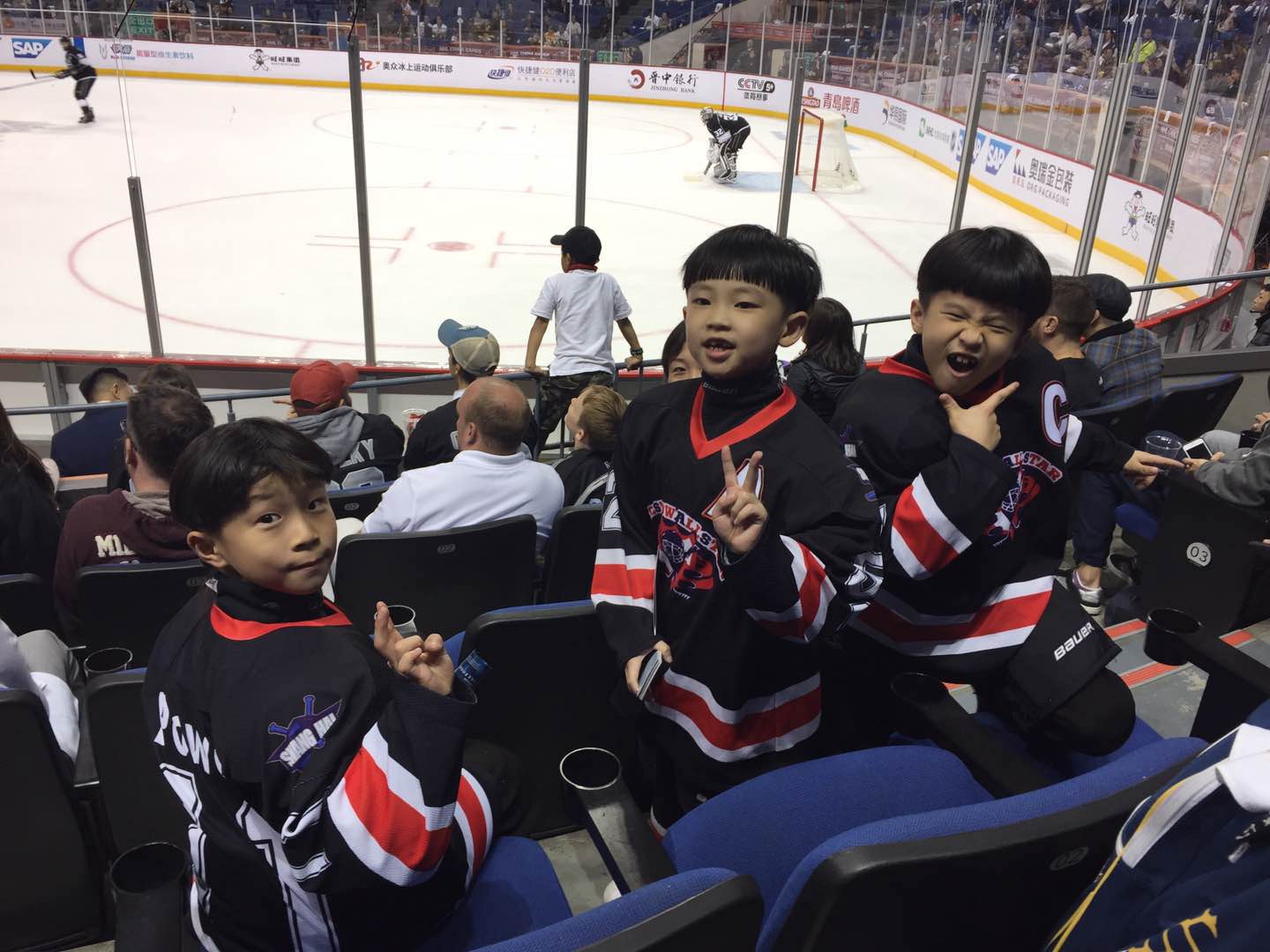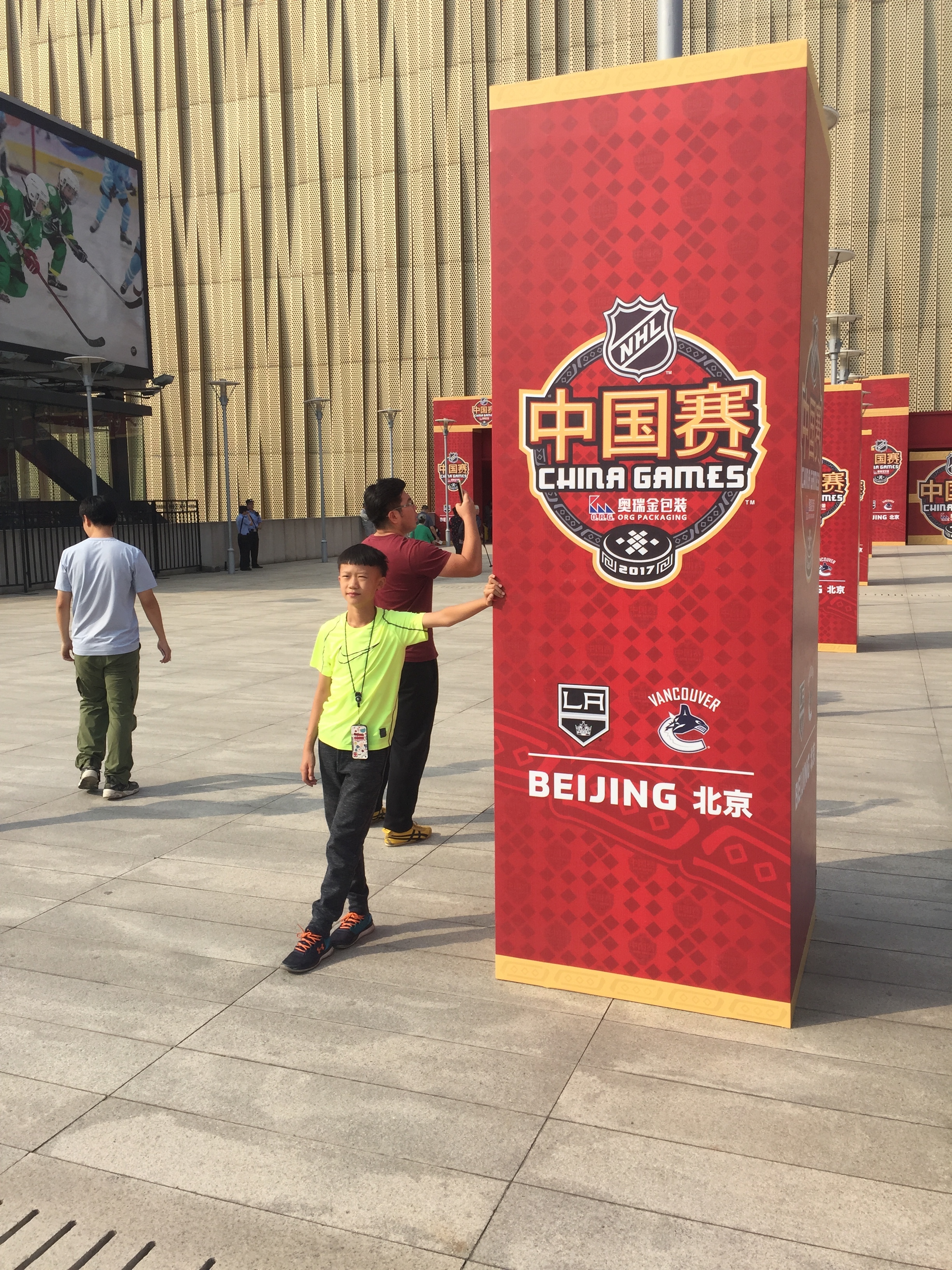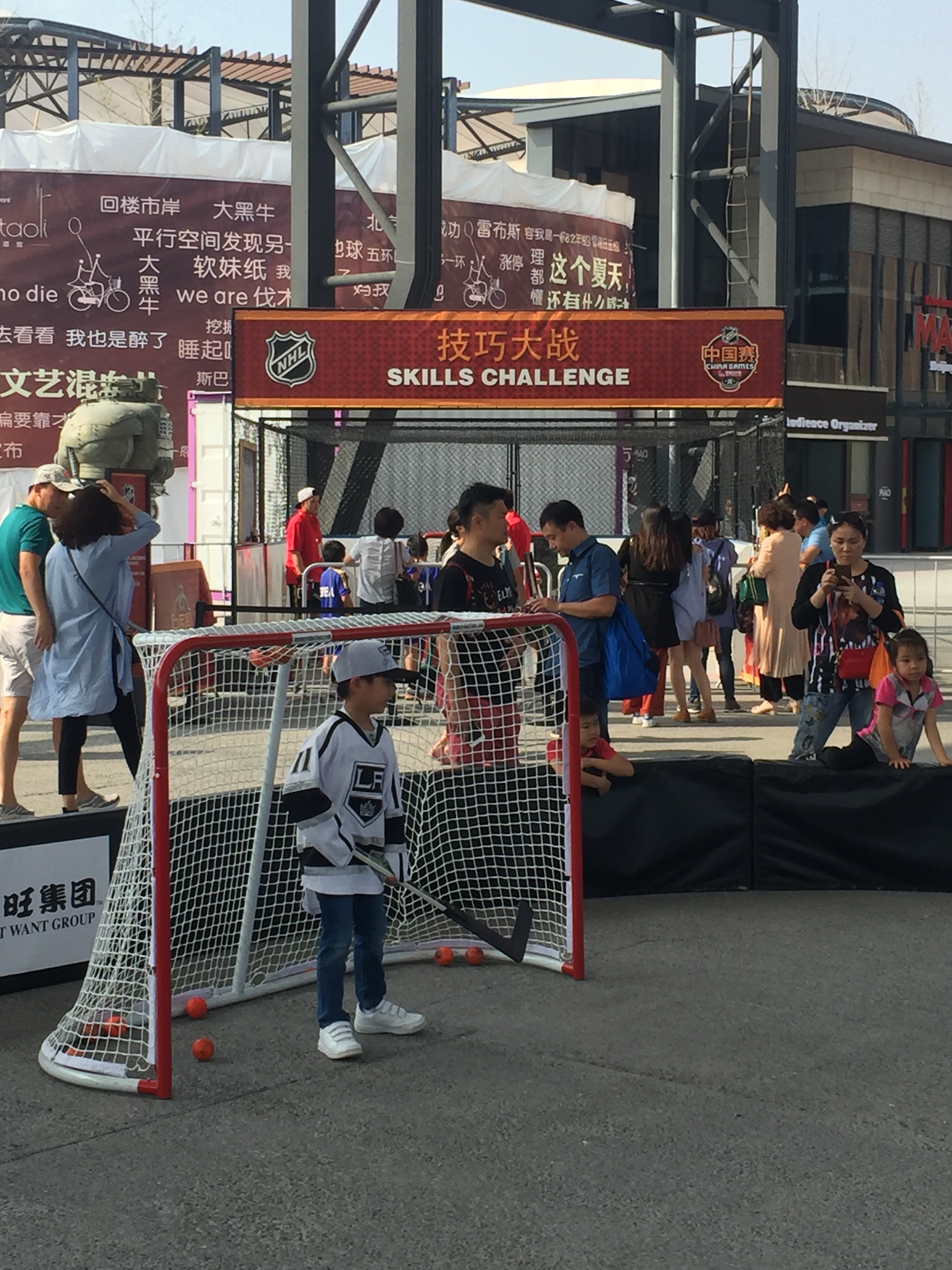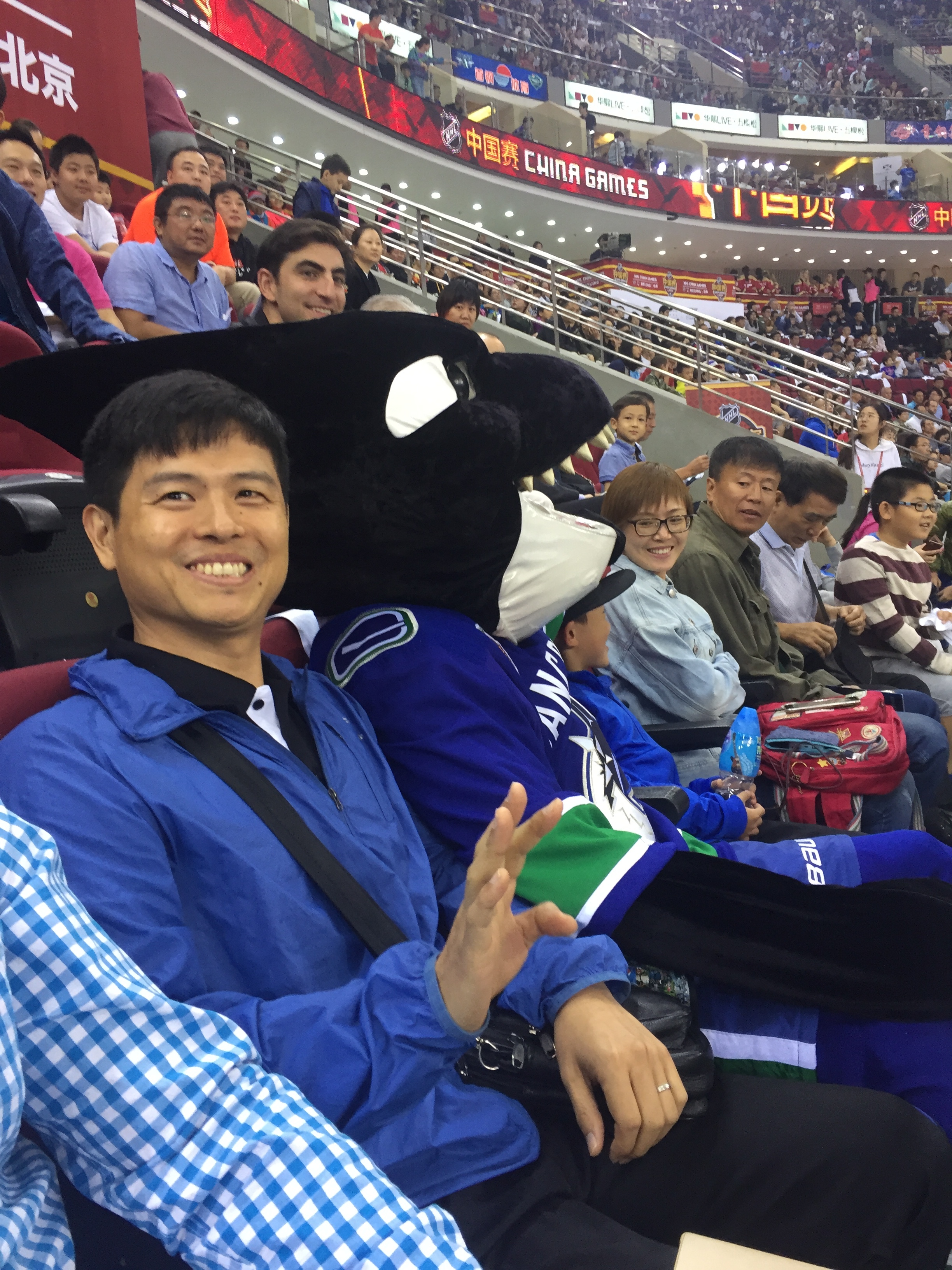What will it take for the NHL to Succeed in China?
/With the September 21 and 23 NHL China pre-season games behind us in Shanghai and Beijing, all eyes were on the NHL's big debut in the Middle Kingdom. The question now remains, how will the NHL make hockey an exciting sport for the Chinese? Will hockey resonate with the wider public? What's the potential for growth?
The NHL's approach to growing the game in China has both a cultural impact, with the opportunity to connect the East and West through a sport so many people globally hold close to their hearts, as well as financial stakes, with opportunities to engage 1.4 billion Chinese, who are increasingly interested in spectator sports (specifically the 300 million winter sports participants, which is the official government goal by the 2022 Olympics).
Based on years of experience helping foreign brands enter the China market, and on the ground exposure to hockey's current development, we suggest three guiding principles to help guarantee a win-win outcome for the NHL, but more importantly Chinese players, families, and fans.
1) Put Education First
The general public in China has limited exposure to the sport, having likely never watched a game or been on the ice. There’s a need for a better understanding of the sport ranging from the basic rules, to the transition away from the violent aspects of the game many Chinese find unattractive.
Beyond the basics, parents need to understand the value that hockey can bring including encouraging team work and providing health benefits, as well as the opportunities to leverage hockey talent to help players academically in China and abroad. With Olympics on the horizon in 2022, the Beijing government has mandated that all students in the Capital play at least one winter sport. You can force a kid on the ice, but real growth will only result when players and families embrace the true spirit of the sport.
2) Take a Unified Approach
A unified approach to developing the game requires cooperation across levels, including professionals, national teams, local leagues, sponsors, media, training partners and grassroots organizations. China needs a localized strategy to growth, one that values the importance of top down administration, while emphasizing organic grass-roots adaptation similar to how the game has grown in other markets. Growth will be augmented through effective use of special digital tools and platforms for promotion available within China’s unique social media landscape. Realizing the importance of growing key opinion leaders, bloggers and celebrity ambassadors to increase brand awareness should not be overlooked.
3) Drive Player Participation
Sparking interest and connection among NHL’s potential fan base will take investment to provide access to expert coaches who know and can share their passion for the spirit of the game. Making the game accessible to new players and lowering barriers to entry is essential to getting more skaters on the ice.
Top class player and team focused training and camps will ensure skaters take the most out of the game, with additional online platforms serving as helpful tools for players, parents, and coaches. NHL commissioner Gary Bettman was recently quoted saying that every hockey player results in 3.1 new fans. Only after the number of players increases, can we expect to develop a next generation of hockey fans out of China.
All things said, this is certainly an exciting moment for the growth of hockey and the September 21 & 23 games were certainly a learning experience for both the NHL and their China stakeholders. Time will tell whether the fastest major pro sport on earth takes root, but actions so far indicate the NHL is committed to the growth of the game in China. As any foreigner familiar with the unique challenges of the China market can attest, this is not a task which should be taken lightly.
Radley Mackenzie, President, SinoSports Development
Johanna Hoopes, Chief Marketing Officer, Dragon Group Asia
SinoSports Development is focused on youth sports development in China. With full time staff in Beijing and Toronto, we share athletic experiences and expertise with Chinese athletes to support their personal and academic growth. SinoSports is a leading provider of market entry support for foreign sports enterprises and institutions looking to expand their presence in China.
Dragon Group Asia (DGA) connects brands with fans through authentic experience. DGA is an integrated marketing consultancy founded in Shanghai, China in 2010 that provides brand strategy, creative content, public relations, social media and event management services in the sports, hospitality and entertainment industries.
For more information visit www.sinosportsdevelopment.com & www.dragongroup.asia or follow official wechat accounts.
Over 10,000 attendees were reported in both Shanghai and Beijing - what an experience!
Follow our official WeChat account

